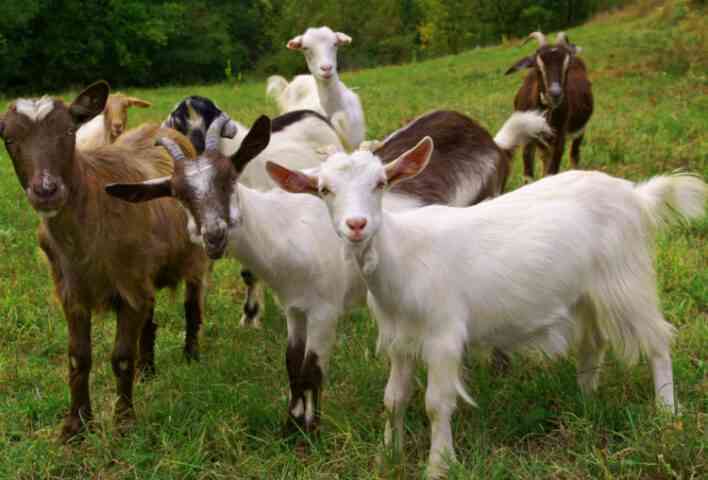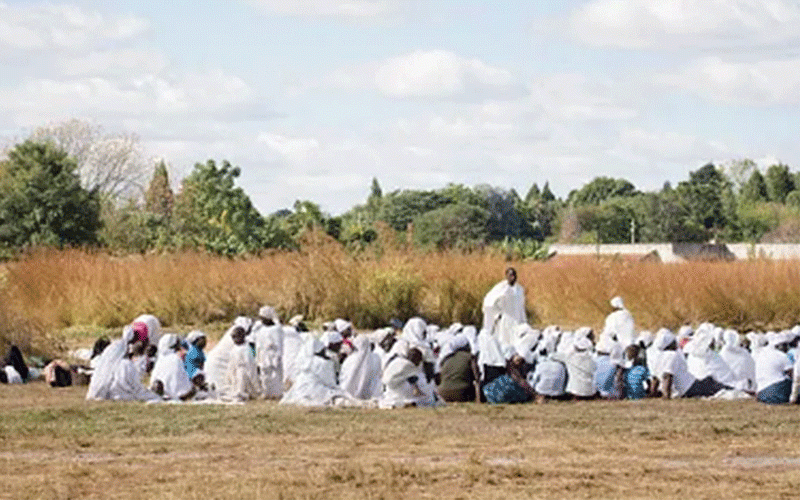
THE Zimbabwe Commercial Farmers Union (ZCFU) is set to roll out a nationwide artificial insemination programme for cattle and goats to boost livestock productivity, NewsDay Farming understands.
This comes as livestock farmers continue to face persistent challenges, particularly in communal areas, of low productivity.
Hence, the programme was designed in consultation with the Lands, Agriculture, Water, Fisheries and Rural Development ministry, farmers and other key stakeholders at the recently held National Livestock Conference in Bulawayo.
It aligns with the government’s Rural Development 8.0 Programme, supporting its goals to establish agricultural innovation hubs and drive rural entrepreneurship.
Zimbabwe’s national cattle herd has remained stagnant over the past decade, hovering between five million and 5,5 million from over six million in the 1990s.
Meanwhile, the country’s goat population stands at around 4,8 million, also dominated by indigenous breeds that produce lower milk and meat yields.
“As Zimbabwe Commercial Farmers Union, we are set to rollout a nationwide artificial insemination programme for cattle and goats. This initiative’s aim is to directly address the persistent challenges faced by Zimbabwe’s livestock farmers, particularly in communal areas, where low productivity has hindered growth for over a decade,” ZCFU Matabeleland North vice-chairperson Clive Munakandafa told NewsDay Farming.
“Our national cattle herd has not recorded significant growth, hovering between at five million to 5,5 million beef herd for at least the last 10 years as an example.
- Climate financing boon for Zim agriculture
- Climate financing boon for Zim agriculture
- ED gives private doctors farms
- Climate financing boon for Zim agriculture
Keep Reading
“While we acknowledge that recurring droughts and disease outbreaks have undeniably played a role in this stagnation, there has been an untapped opportunity to empower communal farmers by helping them transition from subsistence practices to commercially viable livestock production.”
He said by introducing this artificial insemination programme, the union would improve the genetic quality of existing cattle and goat herds, thereby unlocking higher productivity, sustainability and profitability for rural communities.
In this regard, NewsDay Farming understands that the programme will introduce superior breeds such as Brahman, Boran and Beefmaster for cattle and Boer and Saanen for goats.
These breeds are known for their better growth rates, meat and milk yields, as well as resilience to climate change.
“The initiative focuses on three pillars. First, introducing superior genetics to enhance hybrid vigour; second, improving reproductive efficiency through managed breeding cycles, and third, equipping farmers with skills to compete in commercial markets, ultimately increasing incomes and national food security,” Munakandafa said.
Farmers will receive both online and practical training covering artificial insemination techniques, livestock management, breeding cycles and fodder production, ensuring that technology is matched by knowledge and good practice.
“This is not just about technology; it is about transforming livelihoods,” Munakandafa said.
“By bridging the gap between communal farming and commercial potential, we are laying the foundation for a more resilient and prosperous agricultural sector, which has been the agricultural ministry’s mantra of ‘Food Security Everywhere, Everyday’.”
The stagnation of goats and cattle livestock has largely been attributed to recurring droughts, outbreaks of diseases such as foot-and-mouth disease and a general lack of investment in animal husbandry.
Other challenges include poor access to quality breeds, inadequate veterinary services, and limited market linkages.
This is particularly true in communal areas where over 80% of the national herd is held.
Government interventions in recent years such as the Command Livestock Programme and the establishment of Agricultural Innovation Hubs have sought to revitalise the sector.
However, experts say sustainable growth depends on modernising breeding systems, improving genetics and increasing farmer skills.






